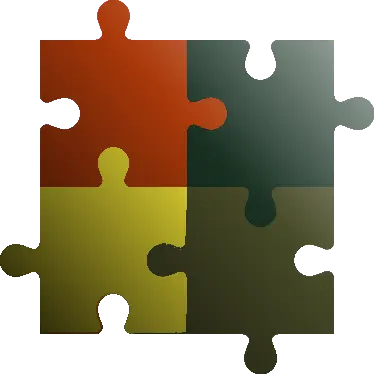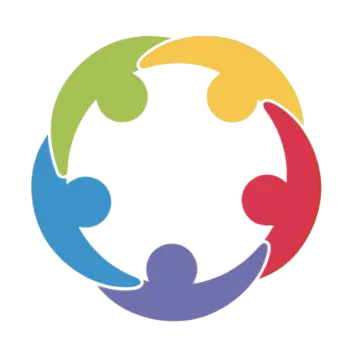Restorative Practices
Initiative
Restorative Practices combine the proactive community-building efforts with restorative justice. Restorative justice is a theory of justice that focuses on mediation and agreement rather than punishment. The initiative is based on respect, responsibility, relationship-building, and relationship-repairing.


Underlying Premise
The underlying premise is that people are happier, cooperative, productive and likely to make positive changes when those in positions of authority do things with them, rather than to them or for them. This also includes understanding situations that cause harm to others and how to repair the broken relationships after harm. Systems are in place that bring all parties of a negative incident into an inclusive process which includes responsibility taking, listening, feeling the impact of their actions, determining what needs to happen to make things as right as possible, and following through with the agreed-upon follow up steps.
Mission & Purpose
WNESU’s Restorative Practices (R.P.) team expands the district outreach to students, families, and community by building and restoring connections.
The R.P. team empowers students, families and faculty to promote student success guided by a trauma informed, social emotional and restorative justice lens.
We are dedicated to helping students and families feel welcomed to their school.
The R.P. team is here to support students learn and grow through challenges, while fostering an environment of repair.


Why Restorative Practices?
To support students entering our schools affected by trauma:
- examples: abuse, neglect, poverty, substance abuse, addiction, violence, homelessness
Curb the many forms of disruptions of the educational environment:
- Fights, Bullying, Harassment, Disrespect, Insubordination, Weapons, Drugs & Alcohol
Missed structured classroom time
- Suspensions, Detention
Establish fair & consistent discipline process district-wide
- Equity
Restorative Practices increases student’s ability to learn
- neural plasticity